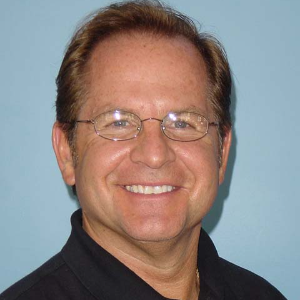Title : Neurocognitive and reactive rehabilitation training techniques and testing in athletes following ACL reconstruction
Abstract:
The incidence of knee injuries in sport, particularly involving the ACL, appears to be increasing yearly, especially in younger age athletes. Even more concerning is that the frequency of ACL reinjury also appears to be increasing year over year. Improving the rehabilitation process and program and the objective criteria and testing methods used to determine return to play (RTP) readiness following ACL surgery is one aspect of the rehabilitation process that can significantly help in reducing reinjury rates. Numerous studies have reported neurocognitive and neuromuscular changes to the lower extremity following ACL injuries. Furthermore, brain function in some individuals has been shown to exhibit neuroplascitity following ACL injury. The well designed ACL rehabilitation must include neurocognitive training techniques to completely rehab the individual & prevent another knee injury. In regards to return to play the majority of clinicians are still using post operative time frames as their number one criterion for clearance to RTP. This flawed method demonstrates an inadequate reflection of the true unpredictable, dynamic environment athletes are returning to participate in. In our clinical experience objective testing to allow for clearance to sport participation following an ACL injury should incorporate rehabilitation techniques and testing involving neurocognitive and reactive training due to the nature of the injury typically occurs because of failed control of unanticipated reactive movements. The purpose of this presentation is to share innovative and unique neurocognitive rehab techniques and the testing sequence we currently employ with an emphasis on reactive neuromuscular training consisting of 8 total tests in 3 categories: reactive lights (Blazepod) are utilized for tesing s, reactive shuttle run tests, and reactive hop tests. The use of a more dynamic testing battery will serve to decrease the reinjury rates when an athlete is cleared for participation by assessing readiness in chaotic circumstances that are more truly reflective of the sporting environment each athlete is working to return to. Finally, with an increase in neurocognitive and reactive rehab training techniques athletes will gain a greater sense of confidence.




